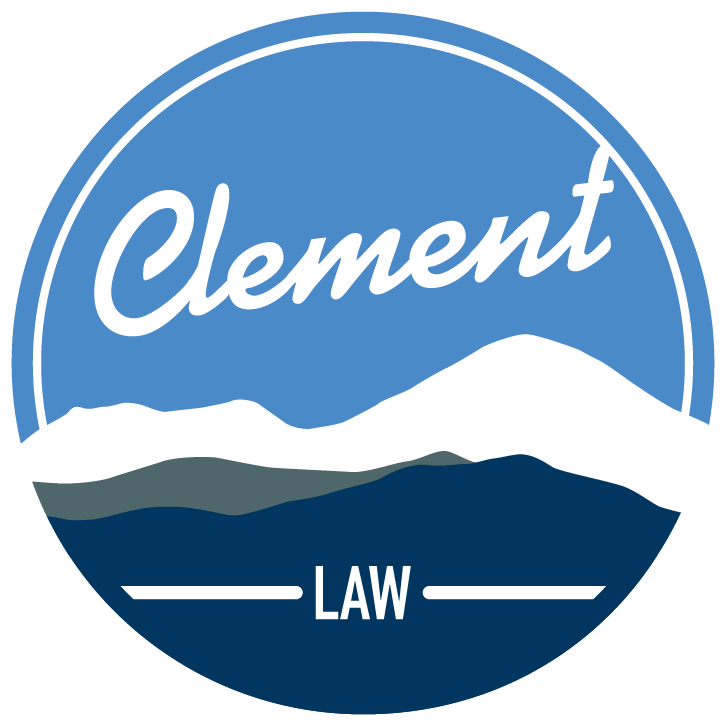I’m a Power of Attorney, Now What?
The process of being appointed a power of attorney for a family member or loved one can be challenging for a variety of legal and emotional reasons. The prospect of handling the financial or medical decisions for someone you care about when they are no longer capable of doing so can seem overwhelming. But having these powerful documents in place can make incredibly difficult situations much less challenging in the midst of crisis.
If it becomes necessary for you to take control of your loved one’s affairs, you may have a lot of questions about the authority and responsibilities granted to you by your power of attorney documents, or the most beneficial ways you can use them. If you have these documents written in advance of necessity, it is possible that the attorney who drafted them may be unavailable to answer questions on the mechanics of actually being a power of attorney. Maintaining a relationship with an attorney who specializes in estate planning or elder care law could be helpful, though you should also find other sources of reliable information on power of attorney responsibilities and documentation. Being a power of attorney often requires making decisions about complex issues. The more research you do, the more confident you will be that you are making the most responsible decisions for your loved one when you are acting as their power of attorney.
One resource you can use to learn more about the practicalities and laws governing powers of attorney is the Consumer Financial Protection Bureau (CFPB) Office for Older Americans. They, in conjunction with the American Bar Association, have released a concise, easy to understand guide on how to carry out the basic duties of a power of attorney.
http://files.consumerfinance.gov/f/201310cfpblayfiduciaryguides_agents.pdf
They also have released similar guides for different types of fiduciary relationships such as court-appointed guardians, trustees, Social Security representative payees, and VA fiduciaries.
http://www.consumerfinance.gov/blog/managing-someone-elses-money/
Clement Law Firm, Asheville, NC
www.eclementlaw.com * 828-281-8160
